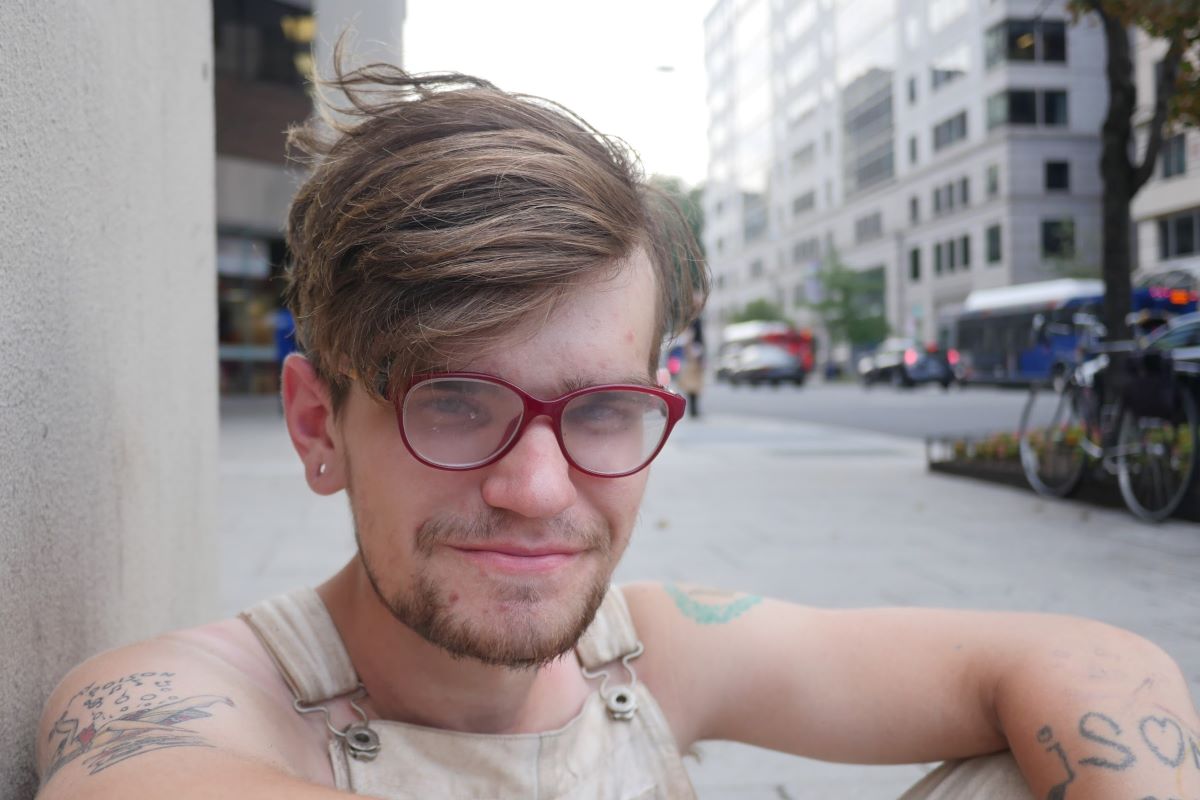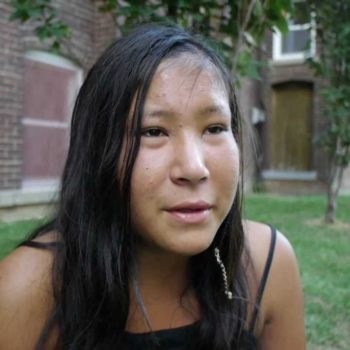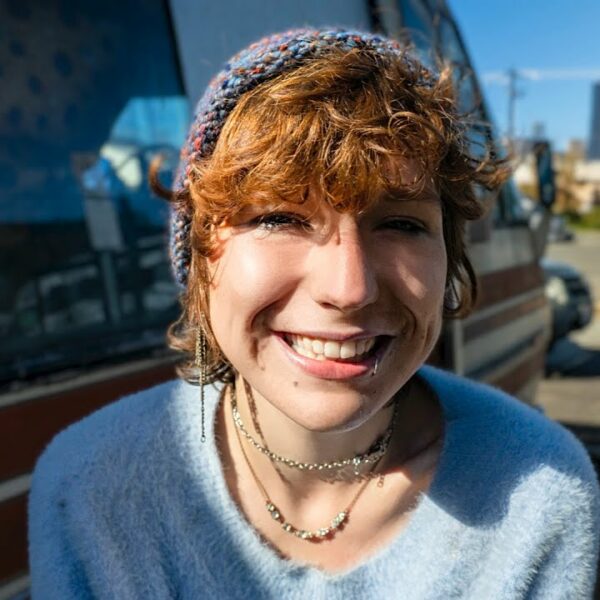I’m safely housed now, finally feeling some ounce of stability in my life. Yet, I still find myself riddled with self-doubt and sometimes terror – especially at this time of year. Spring is a reminder of the many scary things that came with experiencing homelessness. It was about this time of year, four years ago, that I became homeless. Now Spring is filled with memories of losing everything.
“Too many things have happened that were not supposed to happen, and what was supposed to come about was not. Happiness and Spring, among other things, we’re supposed to be getting closer.”
— Wislawa Szymborska
Spring is filled with memories of grief. It is also filled with memories of grueling recovery and fighting again, and again, and again, every day.
The other night, I sobbed into the safety of a loved one, mulling over the last few years of my life. Have I made the right choices? I wondered. How fragile are the floorboards under me? Will the ground always shake? How is it that I am now 30 years old? Who even am I?
Only now am I discovering parts of me I didn’t have much opportunity to develop in my 20s. Admittedly, I’m bitter that I spent so much of my 20s evading and surviving homelessness. What I mostly remember is simply trying to keep a roof over my head and then eventually losing it.
I found myself trapped in an endless cycle of anxiety, the anxiety of possibly doing it all over again. The stress of trying to remain housed is something that’s always lingering in the back of my mind. Even if I have enough money to make rent – every month, the anxiety is there, hanging like a dark cloud. I’m always waiting for the rug to be pulled from under me. I’m always waiting to lose everything all over again, and most of all, losing myself.
When I look around, I realize I am probably the most secure and stable among my friends and peers. That is hardly an encouraging reality. I’ve watched those around me struggle with housing insecurity and homelessness for as long as I can remember.
Of course, there’s a myriad of factors that contribute to housing insecurity among young people. For starters, millennials just became the poorest generation in history. So, that doesn’t help. All I have had to do is look around to see the results of that.
Most of my friends have struggled with job insecurity, low wages, and crippling student debt. Most of my friends live at home with their parents. For those who grew up in poor households or foster care, it’s even more challenging.
I got lucky. I got housed, then got a good job with an even stronger union to hold me above water. It was a long journey here, though.
My husband entered and exited the foster care system just as quickly as his father fell ill and passed away during my senior year of high school. Already living in poverty, his father’s death quickly pushed my husband into homelessness. At the age of 18, not only was he suffering the traumatic event of losing a parent, but he was also sleeping under a tree, in a park, across the street from my mother’s then workplace.
This was not the last time either of us would experience homelessness. But it was the first. I believe it paved the way for the kinds of challenges we faced over the next decade.
I often wondered how this first brush with homelessness affected the next 10 years of our lives. At that time, my home life was stressful and unstable. I spent a lot of time at a local runaway house for teens and young adults. Here we could get help with food, clothes, and other items that made things a little easier, like baby wipes and deodorant. I could not provide much help aside from food I snuck out of my parent’s fridge now and then.
Not long after I left my family house for good, my husband and I rented a room from a man who was both scary and creepy.
Would things have been different today if we did not face homelessness and housing insecurity at such a young age? Would the safety of family to lean on have provided us alternatives, more choices than the ones we had? For my husband, the disadvantages were more significant. In a blink of an eye, he has no parents, no home, with no preparation for the challenges to come.
In the article, The Case for Providing Guaranteed Income to Kids Aging out of Foster Care, authors Mark Courtney and Shanta Trivedi point out the startling facts:
With soaring unemployment, stagnant wages, and historic income inequality, the transition from living at home to financial independence is often a long and arduous one and perhaps impossible. That transition is even more difficult for children in foster care. Foster children face disadvantage from the start—they are more likely, for example, to become entangled in the criminal legal system and less likely to graduate from college—and those who age out of the system without placement into a permanent home are abruptly abandoned, left to fend for themselves.
It’s just a start, but perhaps guaranteed income programs can help bridge that gap.
Santa Clara County, California, recently launched a pilot program. It provides a “no strings attached” monthly payment of $1,000 to former foster youths between 21 and 24 years old for up to one year. The program prioritizes eligibility based on age. For the 2020-21 calendar year, the program will serve the 72 young adults who have turned 24.
When I look at my peers, you know what I see? Resilience. Brilliance. Fighters. Strong fists and bleeding hearts. We are clever, adaptable, and we are damn good at loving and serving our communities.
Spoken with truth and clarity, my love said, “it’s not fair to compare ourselves to how things are traditionally ‘supposed to be’ because it’s just not realistic for us.” Spoken in even simpler terms, “everything got f*cked up for us – so, no, we can’t compare. But it’s not all bad. You got me, and that’s a pretty good start.”













